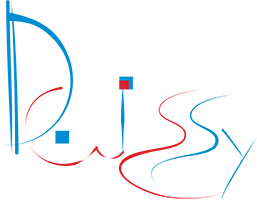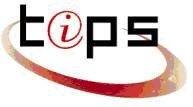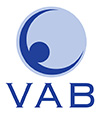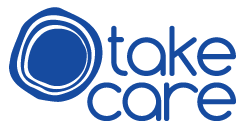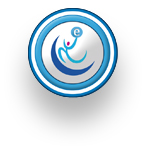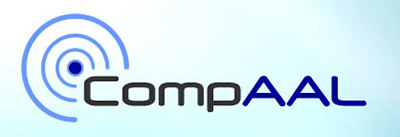CRITON
-
Info
Title Prediction of e-learners’ progress and timely assessment of the achievement of learning outcomes in Lifelong Learning
Acronym CRITON
Framework Development of Innovative ICT-based content, services, pedagogies & practice for Lifelong Learning (Key Activity 3)
Project Number 530945-LLP-1-2012-1-GR-KA3-KA3MP
Start – End Date 01/01/2013 – 31/12/2014
Duration 24 months
Instrument / Type KA3 Multilateral Projects
Funding Agency EU-EACEA
Total Project Funding 358.896 €
Project Homepage http://hermes.westgate.gr/criton/
Status Completed
Description
CRITON aims at developing an integrated system that will provide prediction of summative assessment derived from formative assessment. The system will be enriched with social networking tools which will facilitate the communication among tutors and learners. Using the CRITON platform the tutors will be able to predict learning outcomes and support learners with additional educational material.
The goal of the proposed project is to provide a modern web based environment that will allow the timely assessment of the achievement of learning outcomes, thus supporting the realization of efficient personalized learning paths.
The aims are (a) to support the monitoring of learners’ progress and provide indicators of successfully achieving learning outcomes, (b) to support the assessment of learning paths, (c) to provide a means for interaction between learners and tutors, and (d) to exploit social networks in order to avoid exclusion resulting from underachievement of learning outcomes.
Project Outcomes
The main outcome of the proposed project will be a web based platform that will record learners’ progress and provide tools for analyzing their performance and estimating the chances of finally achieving the planned learning outcomes. The assessment platform will be targeted to learners, tutors and educational organizations of different levels (secondary education, tertiary education, vocational training, and lifelong learning). It will also include social networking tools and tools for assessing future learning needs.
In addition, the project will produce :
- Comparative studies on assessment methods for different levels of education and on the pedagogical approaches that could adopt them
- Training material on assessment practice and on using the platform,
- Reports on the outcome of user tests of the platform,
- A guide presenting the exploitation results together with the findings and conclusions of the project to be used as the main exploitation means since it will be distributed to all interested stakeholders and potential beneficiaries.
- 14 dissemination events –two per partner- together with project leaflets
- A project portal serving as a main promotional tool
The final project conference (and the corresponding book of proceedings) organized in Greece, which will present project’s outcomes, findings and recommendations.

